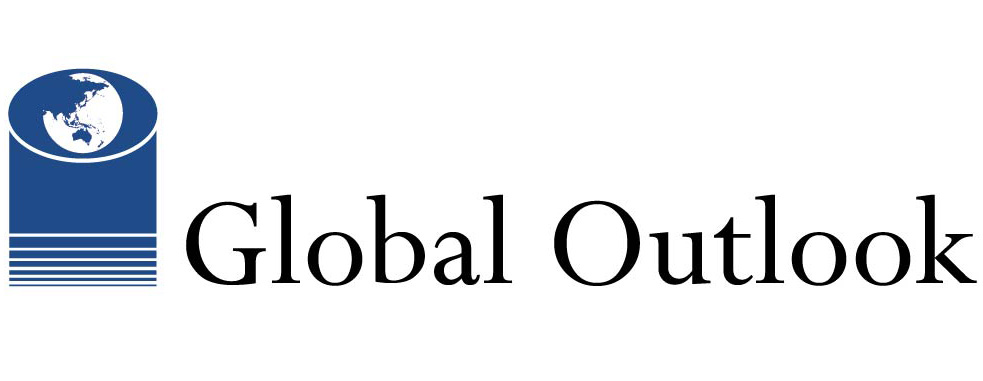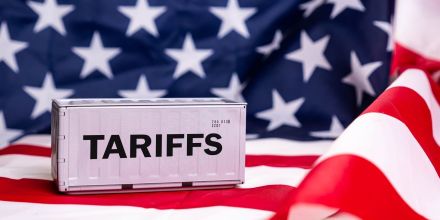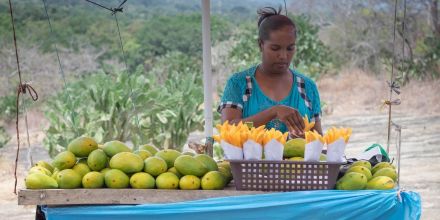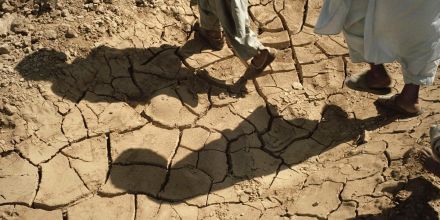
Curated expert opinion on intractable contemporary issues
Kashmir: Paradise Lost
By Herbert Wulf | 29 April, 2025
On April 22, 26 tourists were brutally murdered in the Indian-controlled part of Kashmir. In the following days, gun battles erupted between Indian and Pakistani armed forces. Is the next war now looming in Kashmir?
A Rash Deal on Tariffs Could Hurt US-Korea Ties in the Long Run
By Chung-in Moon | 28 April, 2025
Ideally, the Korean negotiators will be modest in their ambitions and leave the lion’s share of the negotiations for the next administration to handle.
Building Resilience Through Climate Action: Gender, Peace, and Security in Sri Lanka
By Janani Vivekananda | 17 April, 2025
Sri Lanka is at a crossroads. The impacts of climate change are becoming increasingly visible, with erratic rainfall, prolonged droughts, and rising sea levels disrupting livelihoods and threatening fragile ecosystems.
Fresh Details Emerge on Australia’s New Climate Migration Visa for Tuvalu Residents. An Expert Explains
By Jane McAdam | 14 April, 2025
The details of a new visa enabling Tuvaluan citizens to permanently migrate to Australia were released this week. The Australia–Tuvalu Falepili Union, as it is known, is the world’s first bilateral agreement to create a special visa like this in the context of climate change.
The Shift from Smart to Dumb Power
By Herbert Wulf | 05 April, 2025
Donald Trump may be a good campaigner, but his government policy in the first few months is characterized by chaotic and irrational decisions: "Dangerous and dumb", according to former Secretary of State Hillary Clinton.
Left Behind: Why Afghanistan Cannot Tackle Climate Change Alone
By Assem Mayar | 03 April, 2025
Developed nations, facing economic constraints, are increasingly advocating for developing countries to finance climate action through their natural wealth.
The views and opinions expressed in Global Outlook are those of the authors and do not necessarily reflect the official policy or position of Toda Peace Institute.





